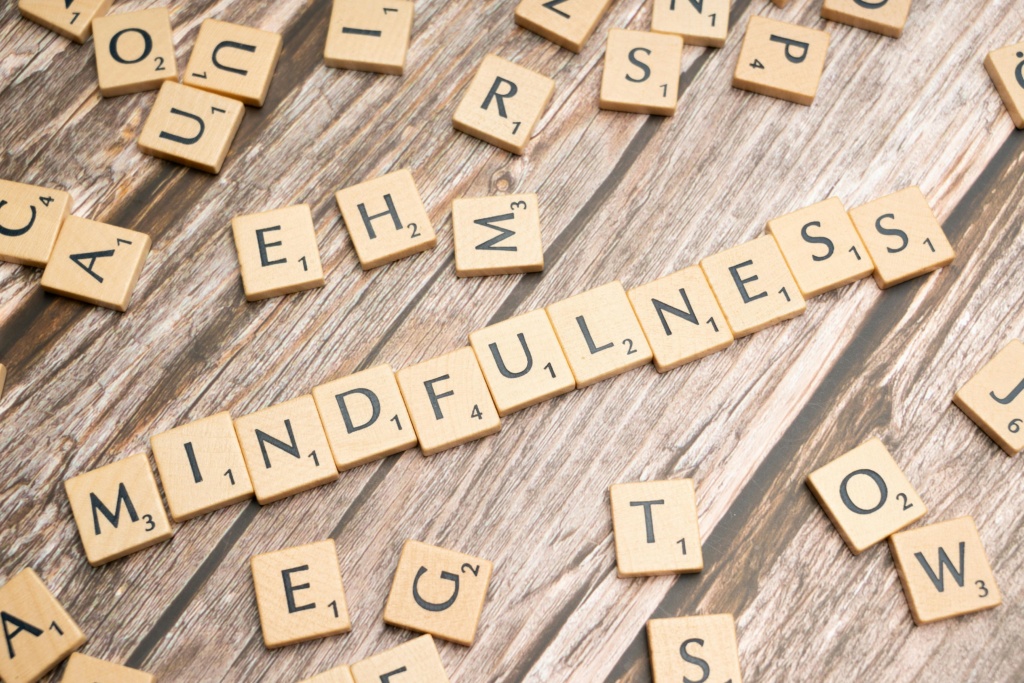by Cynthia Germain
I have previously touched on mindfulness as a component of healthy aging so I thought it was time to make it a full focus of a blog. As you age, you are sure to encounter various changes that can impact your overall well-being. Chronic pain, illness, loss of loved ones, and transitions in roles are among the challenges you may face. Mindfulness offers an opportunity amidst these changes to cultivate acceptance and gratitude.
At its core, mindfulness is the practice of being present in the moment, fully aware of your thoughts, feelings, bodily sensations, and the surrounding environment without judgment. It invites you to cultivate a sense of curiosity and acceptance towards your experiences, fostering inner peace and resilience in the face of life’s uncertainties.
Here are some of the benefits of practicing mindfulness as we age:
- Stress Reduction: Mindfulness practices such as deep breathing, meditation, and gentle movement can help alleviate stress and anxiety.
- Enhanced Cognitive Function: Research shows that regular mindfulness practice can improve cognitive function, including memory and attention.
- Emotional Stabilization: By developing awareness of our thoughts and emotions, you can learn to respond to life’s challenges with greater poise and compassion.
- Improved Physical Health: Mindfulness practices have been linked to various physical health benefits, such as reduced inflammation, better immune function, and lower blood pressure.
- Increased Sense of Meaning and Purpose: Mindfulness encourages you to connect with your inner values, passions, and aspirations, helping you to find greater fulfillment in your life.

Incorporating mindfulness into your life doesn’t require elaborate rituals or hours of meditation. Simple practices such as mindful breathing, savoring a cup of coffee, taking a nature walk, or engaging in gentle movement exercises can infuse our daily lives with presence and awareness. Here’s some suggestions:
- Start Small: Begin with short mindfulness practices and gradually increase duration and frequency as you feel comfortable.
- Be Kind to Yourself: Approach mindfulness with non-judgment, acknowledging that it’s okay to have wandering thoughts or difficult emotions during practice.
- Find What Works for You: Explore different mindfulness techniques and find ones that work for you, whether it’s mindfulness meditation, body scans, mindful walking, or creative expression.
- Integrate Mindfulness into Daily Routines: Look for opportunities to integrate mindfulness into your everyday activities, such as mindful eating, mindful listening, or even mindful household chores.
- Seek Community and Support: Joining a mindfulness group or attending classes can offer encouragement and opportunities for shared learning and growth.
So consider making mindfulness a part of your journey of aging, living each moment with greater presence and peace. There’s nothing to lose and everything to gain, including better health, deeper connections with others, and an ease in navigating life’s transitions.


Great blog. Thank you for sharing.
A Fan!